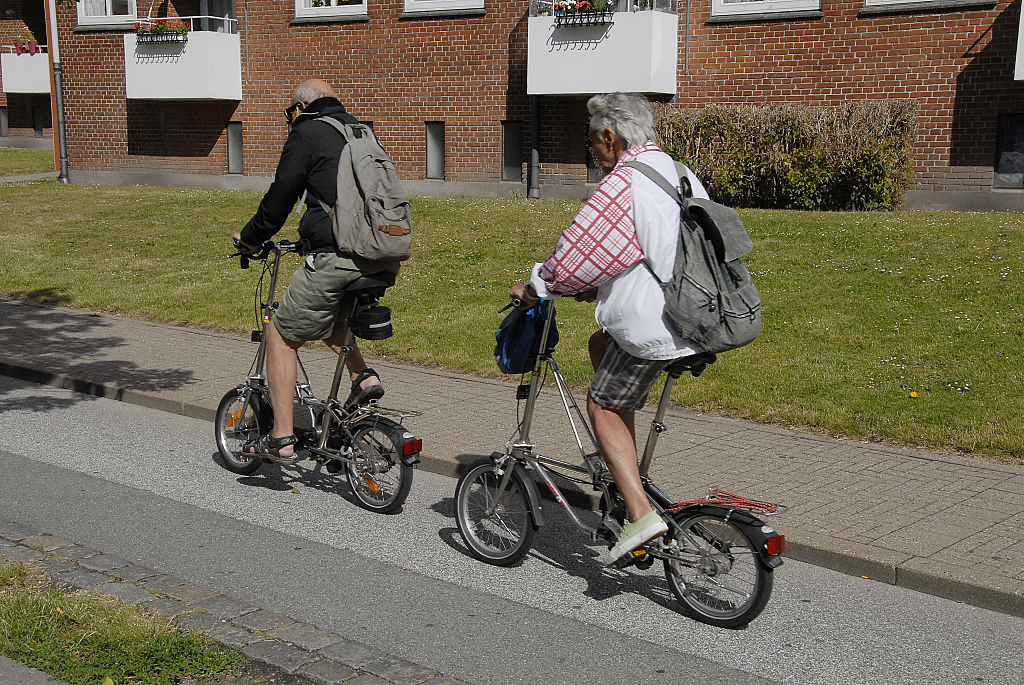A Daily Routine Is Important for Seniors

Predictability is key to a feeling of safety and well-being as is certain adaptations.
When a senior’s days are unpredictable, life can become more stressful.
That’s why a daily routine is so important. When you know what to expect next, it takes the stress off.
“A routine means doing the same basic activities around the same time every day. This gives structure and a natural flow to the day,” according to Daily Caring. “It also makes it easier to make sure your older adult has taken medication, eaten regularly, and drank enough water.”
Part of a daily routine, for example, would be to wake up at a certain time every day, use the toilet, brush teeth, comb hair, change from pajamas to regular clothes, and sit down to a good breakfast.
YOU MIGHT ALSO LIKE: Protecting Your Mobility in Old Age
Benefits of a routine include reduced stress and anxiety, especially in seniors whose cognitive abilities are affected by dementia or stroke and they already feel disoriented.
Routine actions also become part of body memory, and seniors don’t have to think about what they’re doing, which takes stress off.
A second reason to have a routine is that many seniors don’t like surprises and do much better when everything is predictable, and they can expect the same thing every day at the same time. That increases feelings of safety and security.
Since many seniors have trouble with sleep anyway, a regular routine will help.
“Although a routine is wonderful, it is important to allow seniors to maintain a certain amount of control over their lives,” adds Always Best Care. “For example, allowing them to pick a new restaurant, choose what they want to do with a block of free time, etc., can allow the routine to work for both caregivers and seniors.”
When seniors decide to live in place at home but are alone, certain duties may be daunting day to day. By addressing those aspects of everyday living, they feel safer and have their needs met.
Certain aspects of living in place are critical. One is having basic needs like medicines and groceries delivered to the door, if necessary, an approach that avoids having a senior drive and makes the coordination of medicinal needs and eating more routine.
A second change that leads to a safe routine is adapting the home for a senior to get around.
YOU MIGHT ALSO LIKE: Keeping Mom and Dad in Their Home
Be sure their lighting is bright. Install bathroom rails in the shower and near the toilet, to avoid slips and falls. Remove floor hazards. Consider drawers rather than cabinets with doors, and pick drawers with self-closing gliders.
Such changes are basic and simple to do, and can provide caregivers with a level of comfort when a parent insists on living in place at home alone.
Although a senior may be well enough to live at home alone, it’s routine that ensures things stay that way. It’s important to understand their medical needs, such as how often doctors’ appointments should be scheduled and how to put into place a low-intensity exercise regimen they can handle.
As part of their routine, every senior living at home should be part of a personal emergency response system (PERS) that allows them to call for help by simply pressing a button in case of a fall or other emergency.
Mobile PERS systems are even better at allowing a balance between safety and freedom with such features as GPS that could locate a senior in case of an accident. There’s also automatic fall detection, and even two-way phone communication.
A last aspect of a routine that will help you feel secure as you live your life on your own is an emotional support system.
“Many elderly parents want to demonstrate their ability to continue managing their own lives, but the need for sincere companionship still exists — even among those living with a spouse,” writes Geeta Nayydar, MD. “Feelings of loneliness can have health consequences among the elderly. “Seniors are accustomed to leading productive lives, as are you, and their days should involve hobbies and engaging activities.”
Updated:
April 07, 2020
Reviewed By:
Janet O’Dell, RN